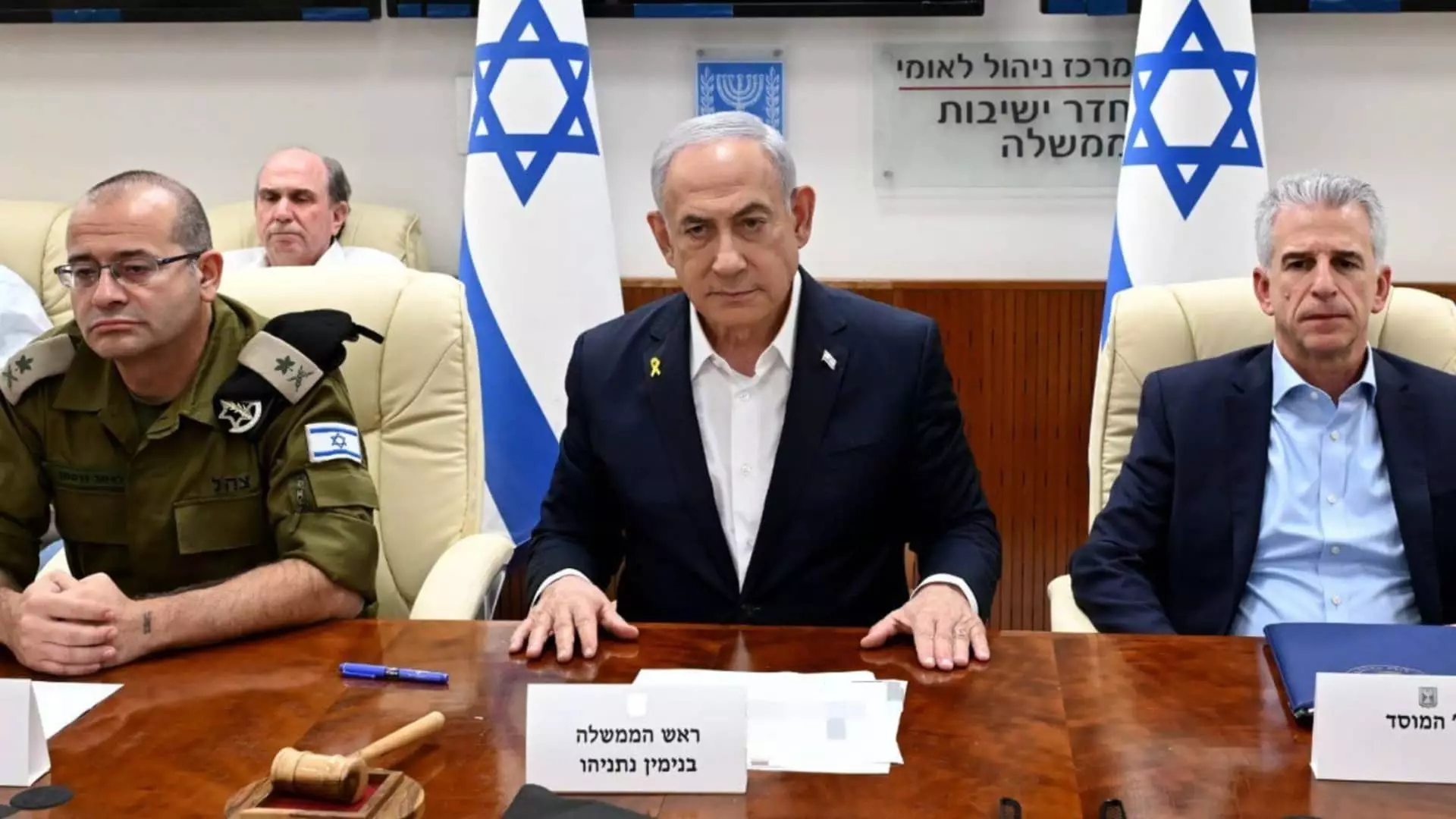The Middle East has once again found itself at the center of a brewing storm as Israel has conducted airstrikes on military targets in Iran. This significant military action is reportedly a response to a ballistic missile attack that occurred on October 1. As alarming developments unfold, the world watches with bated breath, aware that the stakes have escalated tremendously in the region.
The current situation arises against a backdrop of increased hostility between Israel and Iran, a relationship already fraught with tension for decades. The recent attacks are particularly notable given the ongoing conflict that erupted on October 7, 2023, with Hamas launching a surprise offensive against Israel. The fracture lines within the region have widened since that initial assault, prompting Israel to respond with an aggressive ground offensive in Gaza and operations in Lebanon aimed at militant groups supported by Iran.
Israeli military officials have emphasized that their actions are necessary to defend sovereignty, justified as a rightful retaliation against the relentless assaults emanating from Iranian-backed factions. Rear Adm. Daniel Hagari of the Israeli military framed the strikes as “precise,” underscoring a calculated approach rather than a blind, random attack. However, the opaque nature of military engagements raises ethical questions regarding civilian safety and potential associated casualties.
Reports from Tehran indicated explosions were audible, evidencing an escalation in hostilities. Iranian state media confirmed that air defense systems were engaged but downplayed the severity of the attacks, suggesting a strategy to mitigate domestic anxiety. The administration in Tehran has routinely positioned itself as a defender against Israeli aggressions, and this latest confrontation will likely reinforce that narrative to bolster national unity.
In the immediate aftermath, there were concerns for civilian air traffic as international flights rerouted around western Iran, signaling the seriousness of the incident and anticipating further military activity. Despite the tense situation, there was delayed coverage from state media, possibly reflecting an intention to control the narrative in a country with significant internal and external pressure.
While some reports speculate about casualties, including attacks reported in Syria in connection to Iranian military movements, detailed assessments remain scarce. Safe communication channels within such volatile environments often remain compromised, resulting in conflicting information and increasing uncertainty.
As events unfold, the humanitarian consequences of the ongoing Israel-Hamas war remain dire. Reports from Gaza indicate staggering casualties, with thousands of Palestinian lives lost since the initial conflict escalated. The figures mentioned paint a grim reality, as ethical considerations weigh heavily on the military calculations conducted by both Israel and Hamas. It is essential to ponder how long the international community can remain passive in the face of mounting civilian casualties amidst relentless military operations that fail to distinguish combatants from innocents.
Moreover, the United States has positioned itself as a mediator, with Secretary of State Antony Blinken issuing cautions against actions that might escalate the conflict further. U.S. officials confirmed advanced notice of Israel’s strikes but clarified that there was no direct involvement from American military resources. This delineation is critical as it highlights the balancing act that international parties must navigate while advocating for regional stability.
The longstanding animosity between Iran and Israel can be traced back to the 1979 Islamic Revolution, marking a pivotal moment in the geopolitics of the region. Perspectives on Iran’s nuclear ambitions contribute additional layers of complexity to the situation. Israel perceives these developments, alongside Iran’s vocal support for anti-Israel factions throughout the region, as existential threats.
Conversely, Iran frames its military actions as defensive measures in response to Israeli aggressions, creating a cyclical pattern of retaliation that perpetuates tensions. Each side’s operations are symptomatic of a broader historical conflict, underscoring how deeply rooted animosities manifest in contemporary actions.
As we analyze these unfolding events, it remains imperative for the international community to cultivate a dialogue aimed at de-escalation. The potential for further military engagements raises concerns that could spiral into a broader regional conflict, with repercussions felt well beyond the immediate combatants. Diplomatic avenues are critical as a path toward resolution, underscoring the necessity of balancing military responses with humanitarian obligations. With hundreds of thousands facing dire conditions in Gaza and increased instability looming over the region, the urgency for peaceful discourse has never been greater.


Leave a Reply